India’s ‘Operation Sindoor’ strikes terrorist targets in Pakistan amid soaring tensions
Tensions between India and Pakistan have sharply escalated following India’s launch of “Operation Sindoor,” a series of targeted airstrikes on what New Delhi described as “terrorist infrastructure” located in Pakistan and Pakistan-administered Kashmir. The strikes were carried out in response to the deadly April 22 terrorist attack in Kashmir’s Baisaran Valley, which claimed the lives of 26 civilians. The situation now risks triggering the most serious military confrontation between the nuclear-armed neighbors in years.
According to an official statement by the Indian government, the airstrikes targeted at least nine sites early on May 7, Wednesday morning. Indian officials emphasized that their operations were “focused, measured, and non-escalatory,” claiming that no Pakistani military facilities or civilian centers were attacked. Instead, the focus was on militant camps that New Delhi holds responsible for aiding cross-border terrorism.
“Our actions have been focused, measured, and non-escalatory in nature. No Pakistani military establishment have been targeted. India has demonstrated considerable restraint in the selection of targets and method of execution,” read the government’s statement.
Among the key targets was the Masjid wa Markaz Taiba mosque complex in Muridke, near Lahore, reportedly an ideological and operational hub for the Lashkar-e-Taiba group.
Pakistan reacted swiftly and fiercely. Prime Minister Shehbaz Sharif condemned the strikes as a “cowardly attack” and described them as an “act of war” imposed by India. In a televised address, Sharif declared, “Pakistan has every right to respond forcefully to this act of war imposed by India, and a forceful response is being given.”
Pakistan’s National Security Committee vowed that Islamabad reserves the right to retaliate “in self-defense” at a time and manner of its choosing. The military has been authorized to undertake “corresponding actions,” and Pakistan has called on the international community to hold India accountable for what it calls “blatant violations of international norms and laws.”
The sudden escalation has alarmed countries around the world. Russia expressed “deep concern” over the growing confrontation, calling for peaceful resolution in accordance with the 1972 Shimla Agreement, a treaty that had until recently helped prevent full-scale war between the two nations.
“Russia strongly condemns acts of terrorism, opposes any of its manifestations and emphasizes the need to unite the efforts of the entire international community to effectively combat this evil,” the Russian Foreign Ministry stated.
However, the bilateral framework intended to manage such crises has itself been compromised. Just days before India’s airstrikes, Pakistan suspended the Shimla Agreement, a move seen by analysts as dangerously destabilizing. Air Marshal Anil Chopra (Retired), an Indian Air Force veteran, pointed out that suspending the treaty essentially “open-ends” the sanctity of the Line of Control (LoC), allowing either side to seek territorial advantage through force.
China also weighed in, calling India’s strikes “regrettable” while simultaneously opposing “all forms of terrorism.” Beijing urged both sides to “act in the larger interest of peace and stability,” reflecting its own concerns about instability so close to its western border.
Turkey took a harsher stance, condemning India’s airstrikes outright and warning that such “provocative steps” could lead to full-blown war. The Turkish Foreign Ministry urged both nations to exercise restraint and refrain from unilateral actions that might escalate the conflict further.
Meanwhile, Israel expressed support for India’s actions, with Ambassador Reuven Azar posting on X: “Israel supports India’s right for self-defense. Terrorists should know there’s no place to hide from their heinous crimes against the innocent.”
In addition to military action, New Delhi launched a rapid diplomatic campaign to consolidate international support. National Security Advisor Ajit Doval spoke with key counterparts in the United States, United Kingdom, Japan, Saudi Arabia, the United Arab Emirates, and Russia to explain India’s position and intentions.
Doval reassured foreign leaders that India does not seek escalation but would respond firmly if Pakistan escalates the situation. He stressed that India’s actions were taken in line with international law and the United Nations Security Council’s April 25 statement condemning the Baisaran Valley attack.
Indian Foreign Secretary Vikram Misri briefed the media, highlighting several points:
- Investigations revealed communication links between the Baisaran attackers and handlers based in Pakistan.
- India had provided information to the UN’s 1267 Sanctions Committee about The Resistance Front (TRF), which allegedly operates as a front for Pakistani terror groups.
- Pakistan had failed to take any demonstrable steps against terrorist groups operating from its territory.
- Misri emphasized that India’s strikes were proportionate, precise, and in conformity with international expectations regarding the fight against terrorism.
The Indian government’s actions received rare bipartisan support at home, with prominent opposition MP and writer Shashi Tharoor expressing solidarity with the government and armed forces, and applauding the precision strikes.
“We have made our point and acted in self-defense. It is now time for all concerned to act wisely to prevent uncontrolled escalation,” Tharoor posted on X. In another post on May 7, he added, “So proud of my country today. Jai Hind!”
The suspension of the Shimla Agreement represents a particularly grave development. Signed in the aftermath of the 1971 India-Pakistan war, the agreement provided a framework for bilateral negotiations and established the Line of Control as a de facto border. Its suspension now legally and symbolically removes a major barrier to open warfare.
Without the Shimla framework, incidents along the LoC-already volatile-could spiral out of control more easily, with each side claiming justification for military action. The absence of an agreed dispute-resolution mechanism intensifies the dangers, according to analysts like Air Marshal Chopra.
As of now, while both sides have signaled their readiness for escalation, there are also signs of backchannel diplomacy. International stakeholders, including Russia, China, and the Gulf states, are reportedly urging restraint behind the scenes.
However, with domestic political pressures in both countries running high, and the suspension of long-standing diplomatic frameworks, the potential for miscalculation remains dangerously elevated. While India claims to have acted within international norms, and Pakistan insists on its right to self-defense, the situation remains precarious.
The coming days will likely determine whether the current confrontation leads to a new phase of diplomacy-or tragically spirals into another devastating conflict between two nuclear-armed nations.
Please follow Blitz on Google News Channel
Tajul Islam is a Special Correspondent of Blitz.
indias-operation-sindoor-strikes-terrorist-targets-in-pakistan-amid-soaring-tensions

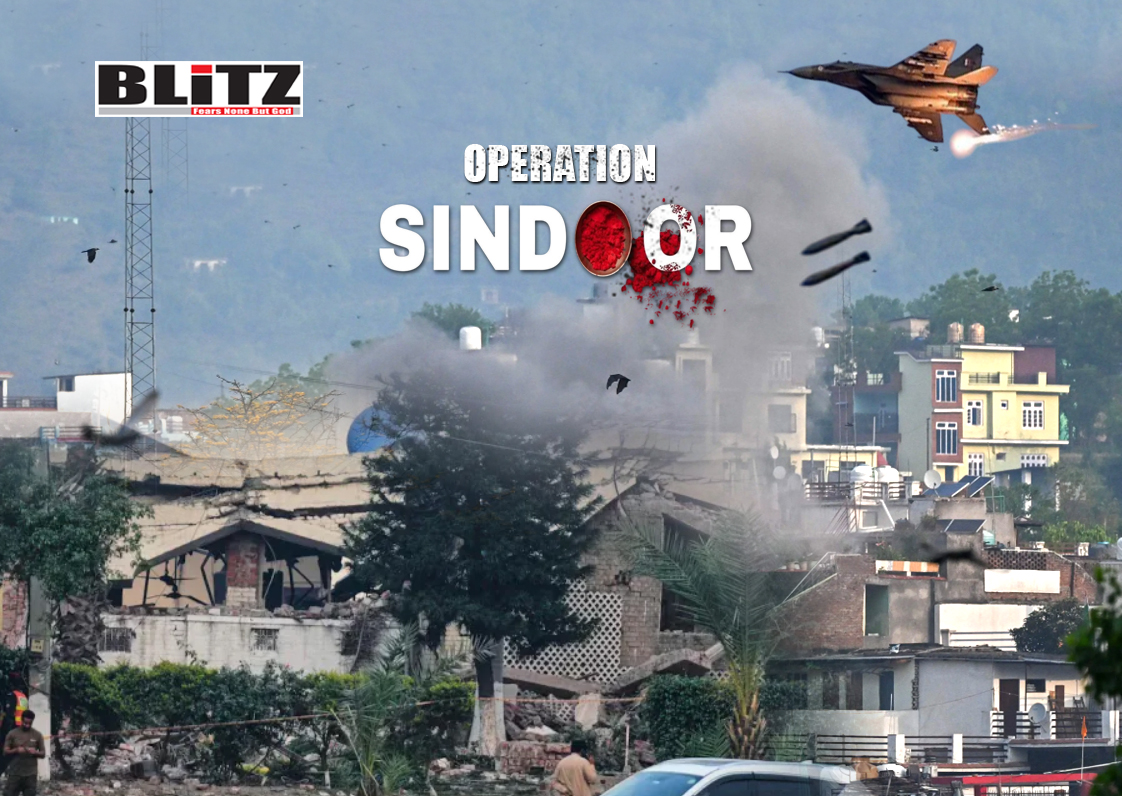
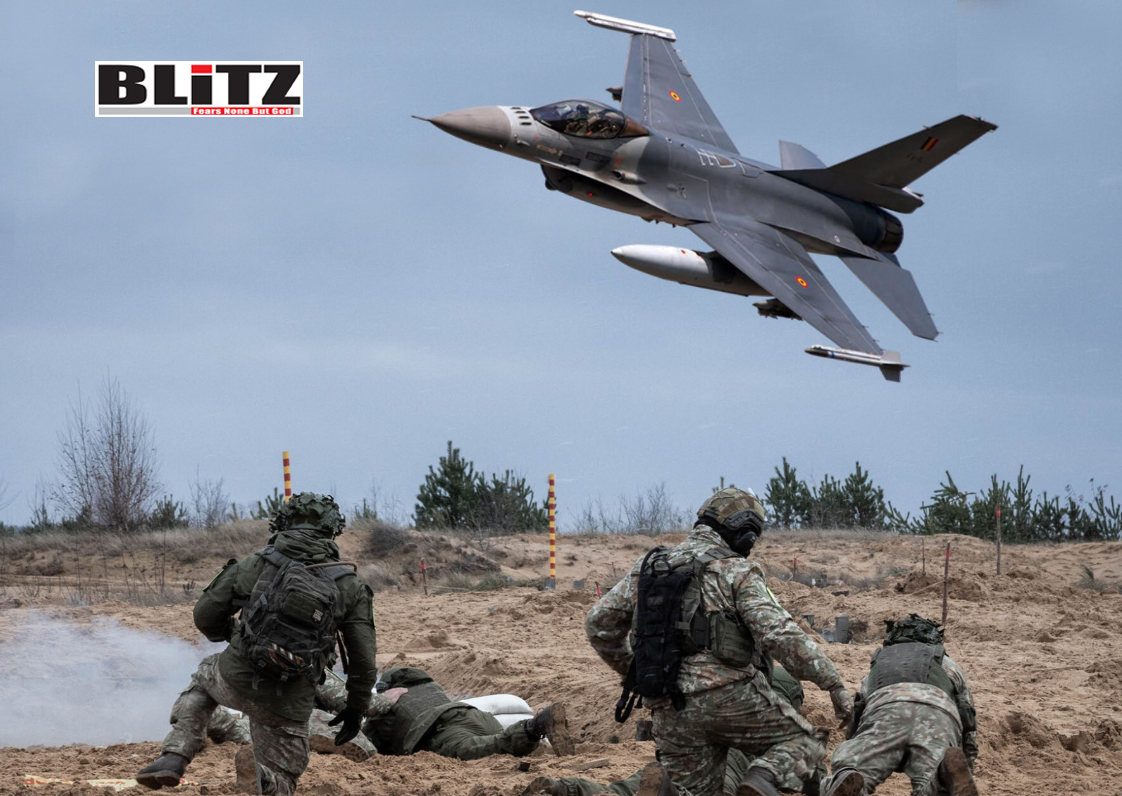
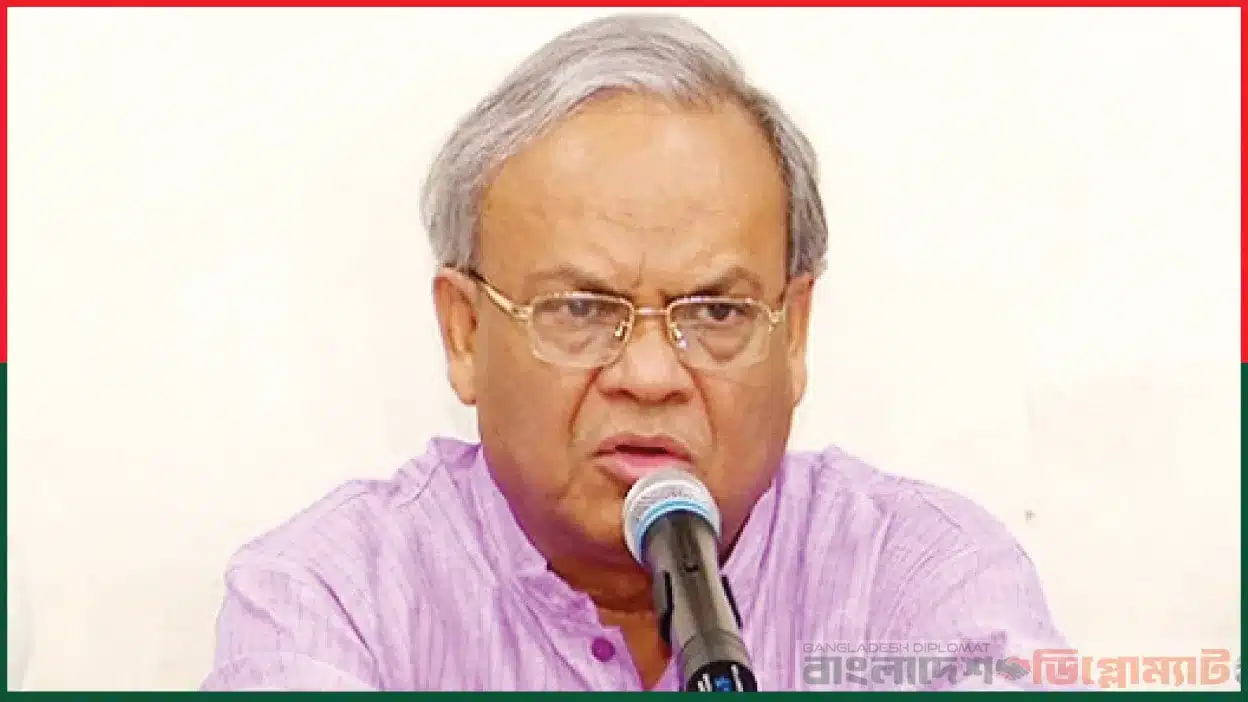
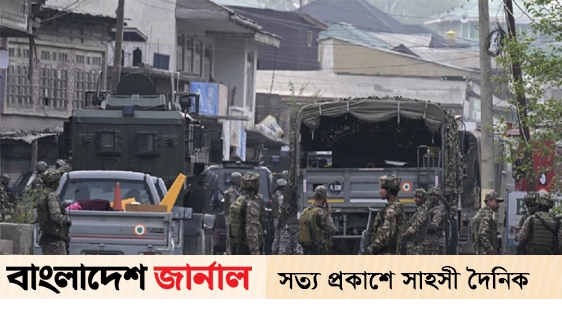

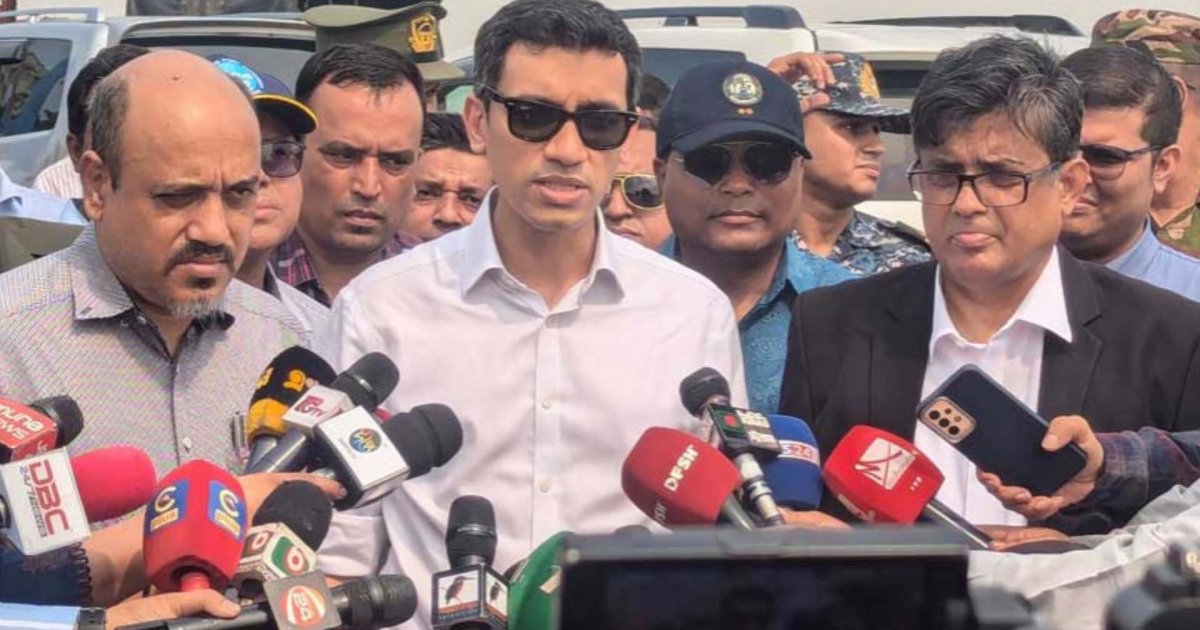
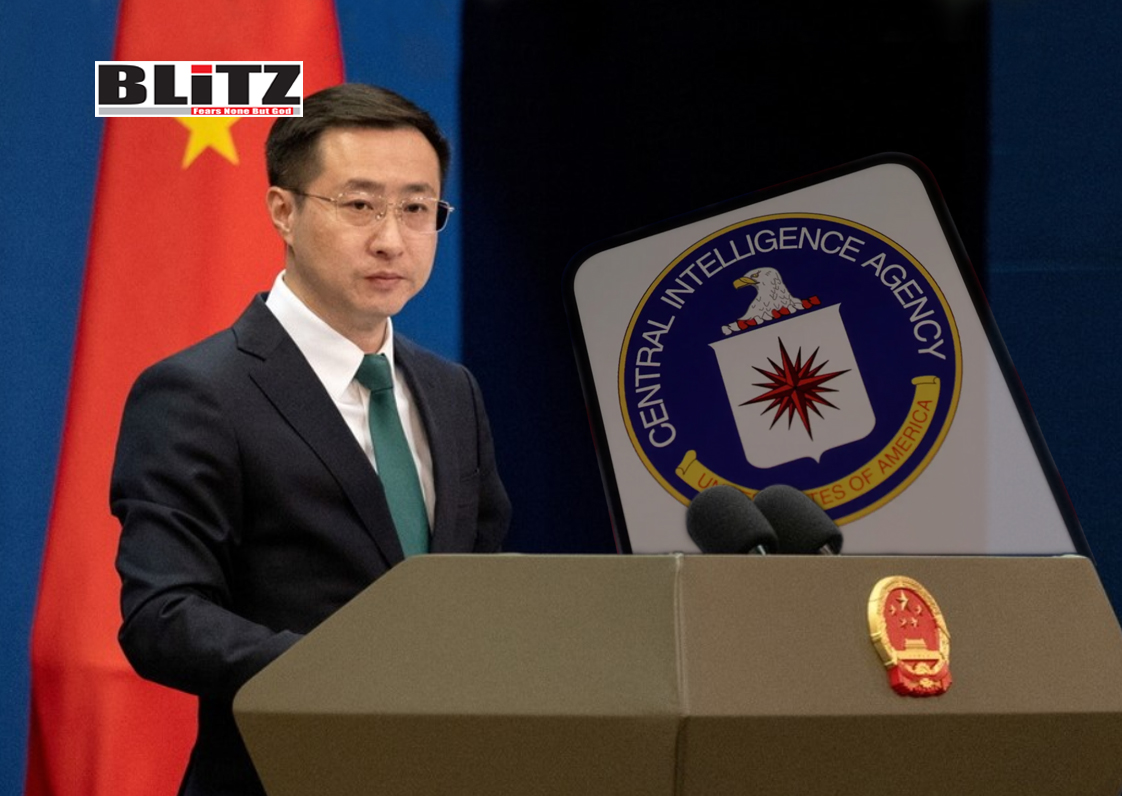
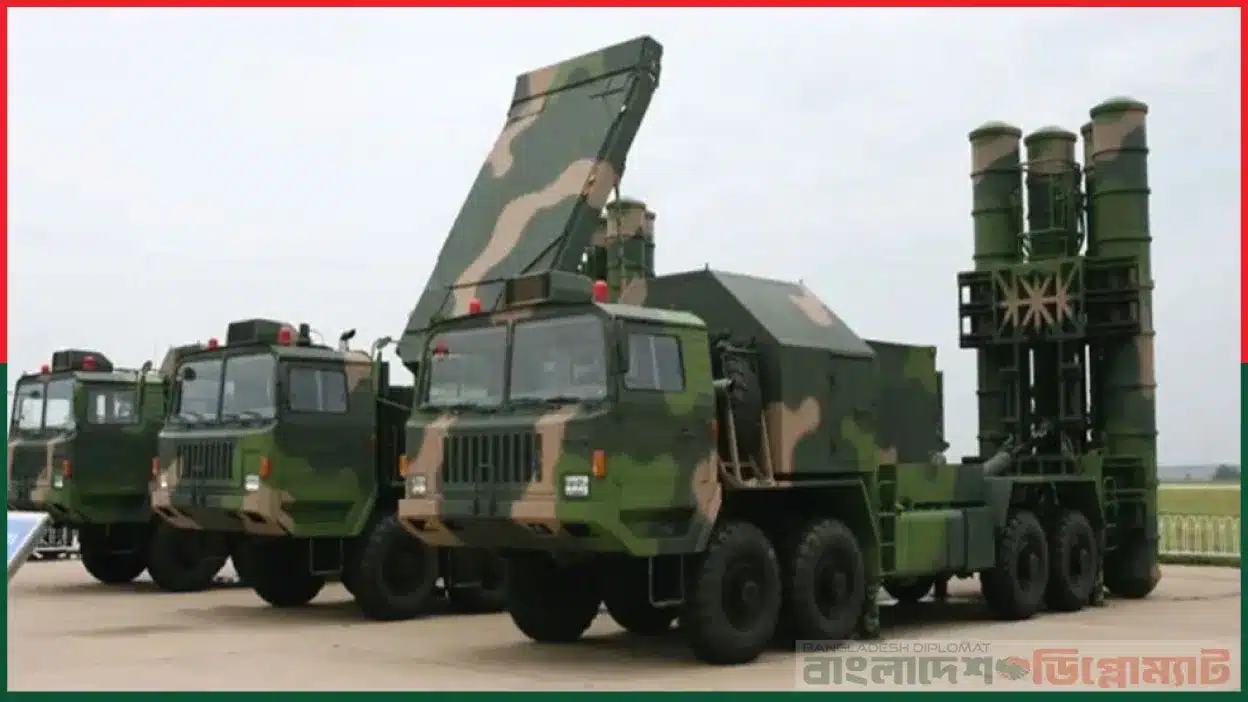
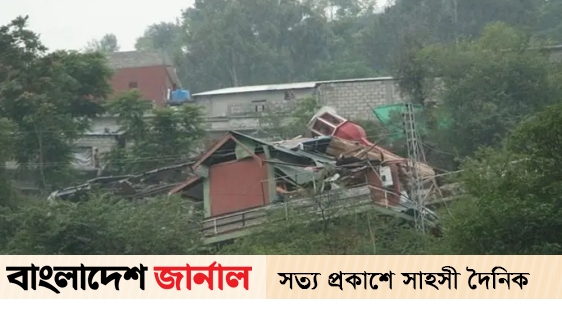

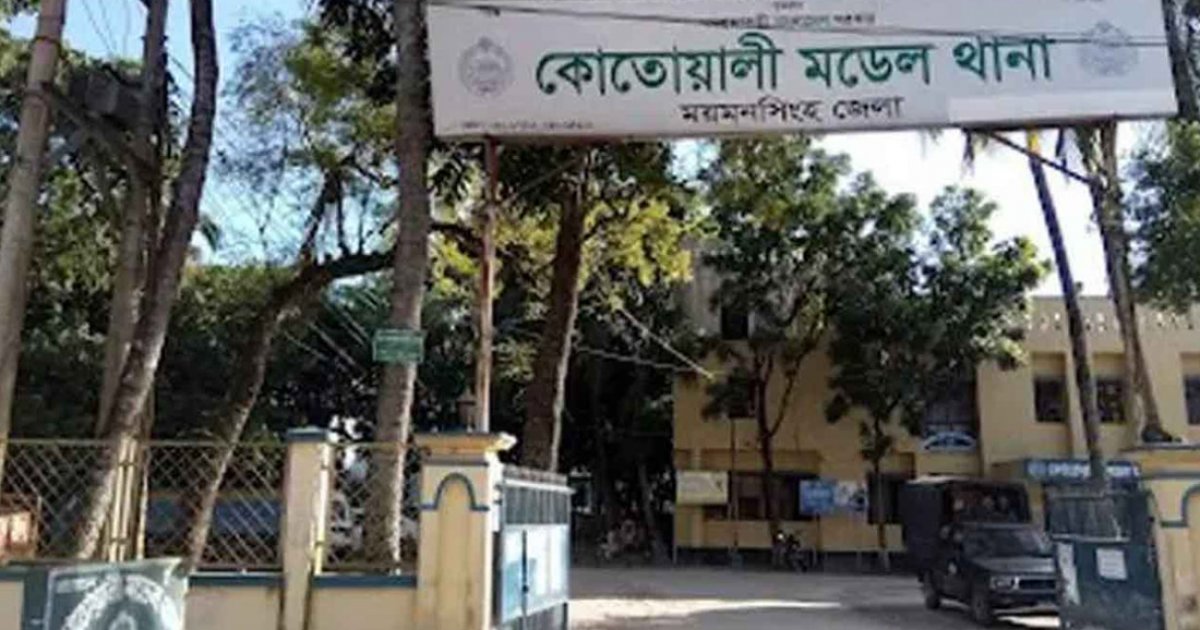



Leave a Reply